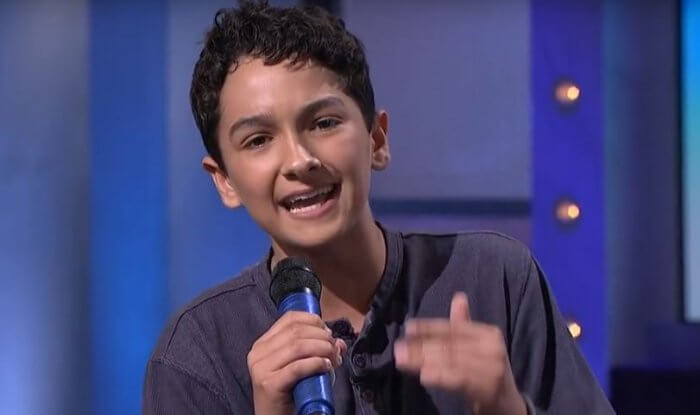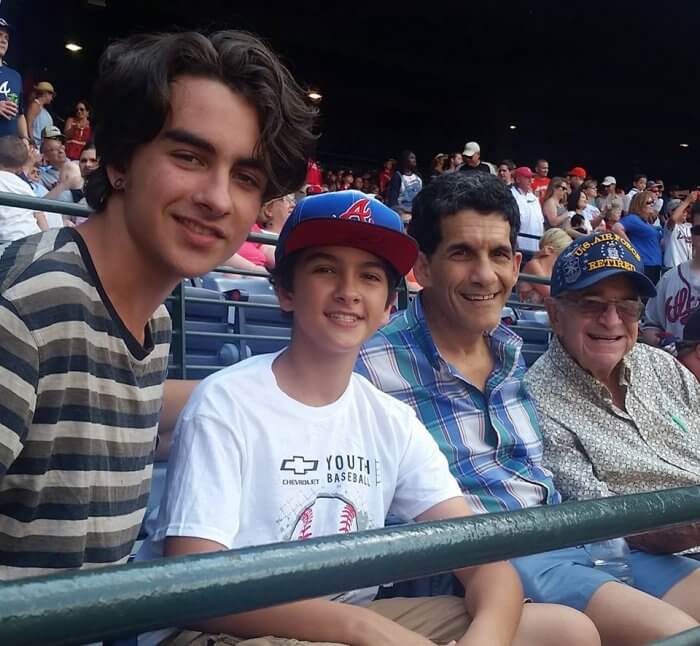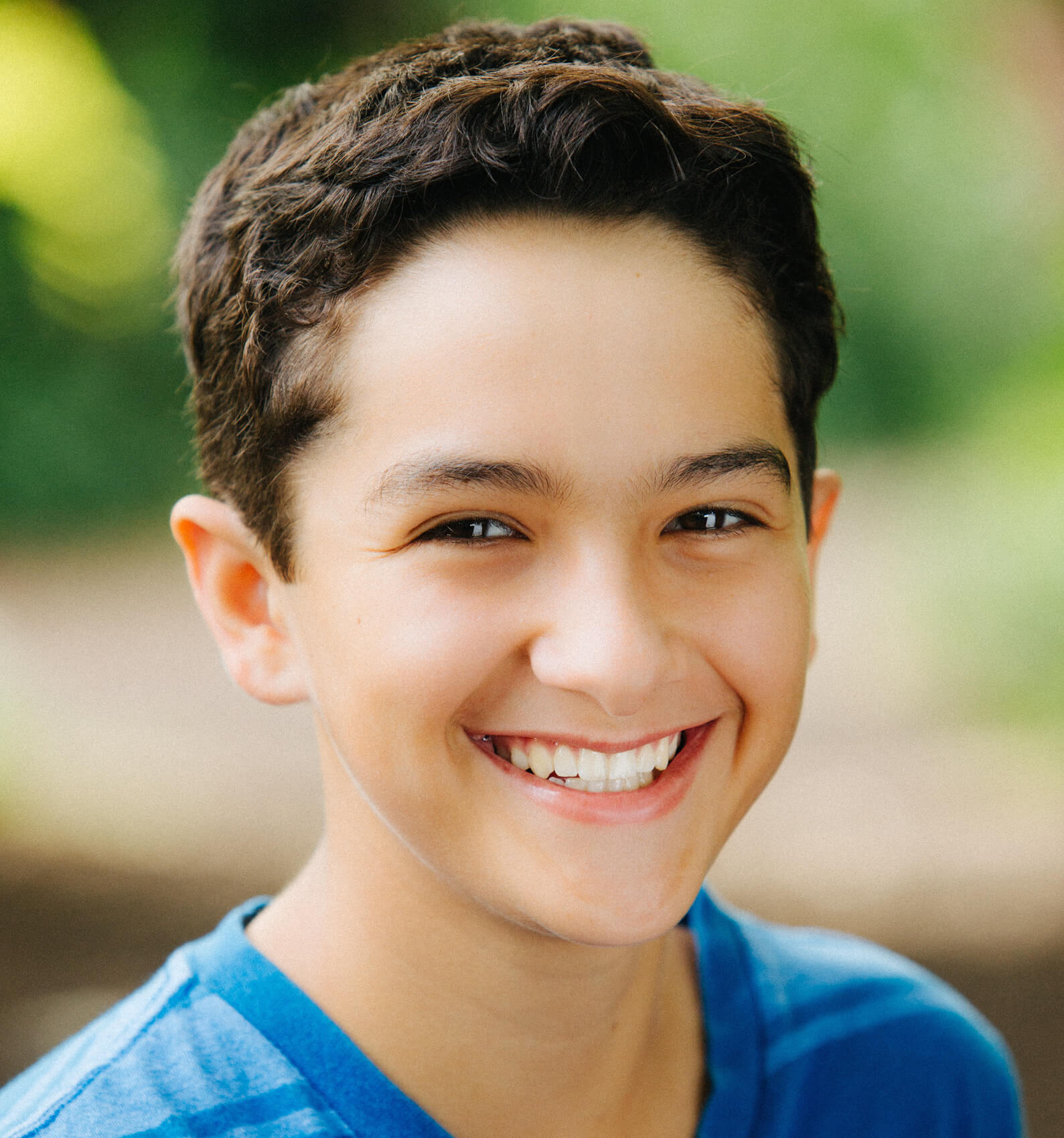14 year-old Royce Mann on White Boy Privilege and Unschooling
After winning a slam poetry competition at his school, 14-year-old Royce Mann was surprised when the school’s on-line video reached 40,000 views. The video of his performance was soon taken down when the school could no longer monitor the comments. “I thought, well, going viral was cool,” said Royce, “I could check that off the bucket list and move on.” A few days later his mother casually reposted the video to share with family.
It soon had 100,000 views. Then half a million.
Now ten million people have seen Royce’s performance through social media, CNN, Headline News, and other talk shows and news stations. This intelligent, soft-spoken eighth grader in Atlanta, Georgia speaks out passionately about social injustices through his poem, “White Boy Privilege.”
Royce’s keen awareness of social issues grew while he was “unschooled” by his parents from infancy through seventh grade. Unschooling is a teaching method where parents allow the children to discover the world, and essentially educate themselves, through exploration, curiosity, and natural life experiences. The Mann family preferred alternative methods of education, giving Royce and his older brother opportunities to find their own passions. Last year, in eighth grade, Royce enrolled at a private school in Atlanta that continued the learner-driven education that he was used to. He believes that, “School should be about giving kids a platform to create their own opinions, to think creatively, to express themselves through art, and to interact with others. Those will be the skills needed later in life.”
The course, Race, Class, and Gender at Royce’s new school opened his eyes to the prevalence of white male privilege in this country and others around the world. He begins by apologizing to women, blacks, Native Americans, and other minorities, not because he is a white male, but because they are on “the bottom rung” of the ladder, and that when they were born they were “given a pen with no paper.” His examples of “white boy privilege” interwoven throughout the poem are sharp and poignant: his ability to eat at a nice restaurant without the wait-staff thinking he will steal the silverware, his belief that police officers are on his side, or that he can watch sports and think, because of his gender, “that could be me someday.”
With ten million views of his performance, not all feedback has been positive. Royce has been targeted by white supremacist groups, neo-Nazi’s, and others refusing to believe that white privilege exists. But through turmoil and hateful messages that could rattle any adult, this 14-year-old remains hopeful. He’s not defensive or angry; he believes people simply do not understand the concept of privilege because it is not taught in our schools. “If you are twenty, thirty, or older, and you are just learning about this issue that is so prevalent in our society for the first time, you may not believe it. Or for some people, they are in a position where they don’t have to believe it exists.” Royce’s mother attempted to block the negative messages at first to protect her son, but Royce wouldn’t let her, saying that all comments, even the negative ones, help start a dialogue. “Yeah, it’s hard and awkward,” says Royce, “but hopefully my poem can help other people address the elephant in the room.”

On the heels of the viral slam poem White Boy Privilege, Royce performed a second poem, All Lives Matter, But… on the TV show, The Preachers
This young and powerful poet stays even-keeled through both the negative and positive attention. In between flying around the country to speak at events, partaking in interviews, finishing homework, and spending time with family, Royce still manages to find time to “be a kid.” He plays basketball, baseball, ultimate Frisbee, and competes in a bowling league. (“My high is 248!”) He plans on continuing to write and use his words as a platform to inspire people to address major social issues in our society. “Whenever I see something in the news, or hear something that needs to be talked about that’s an injustice, or even something positive, I’ll try and write about it and share it with the world.”

Royce is passionate about baseball and was voted MVP on his school team last spring. Here he is with his brother, father and grandfather at an Atlanta Braves game.
